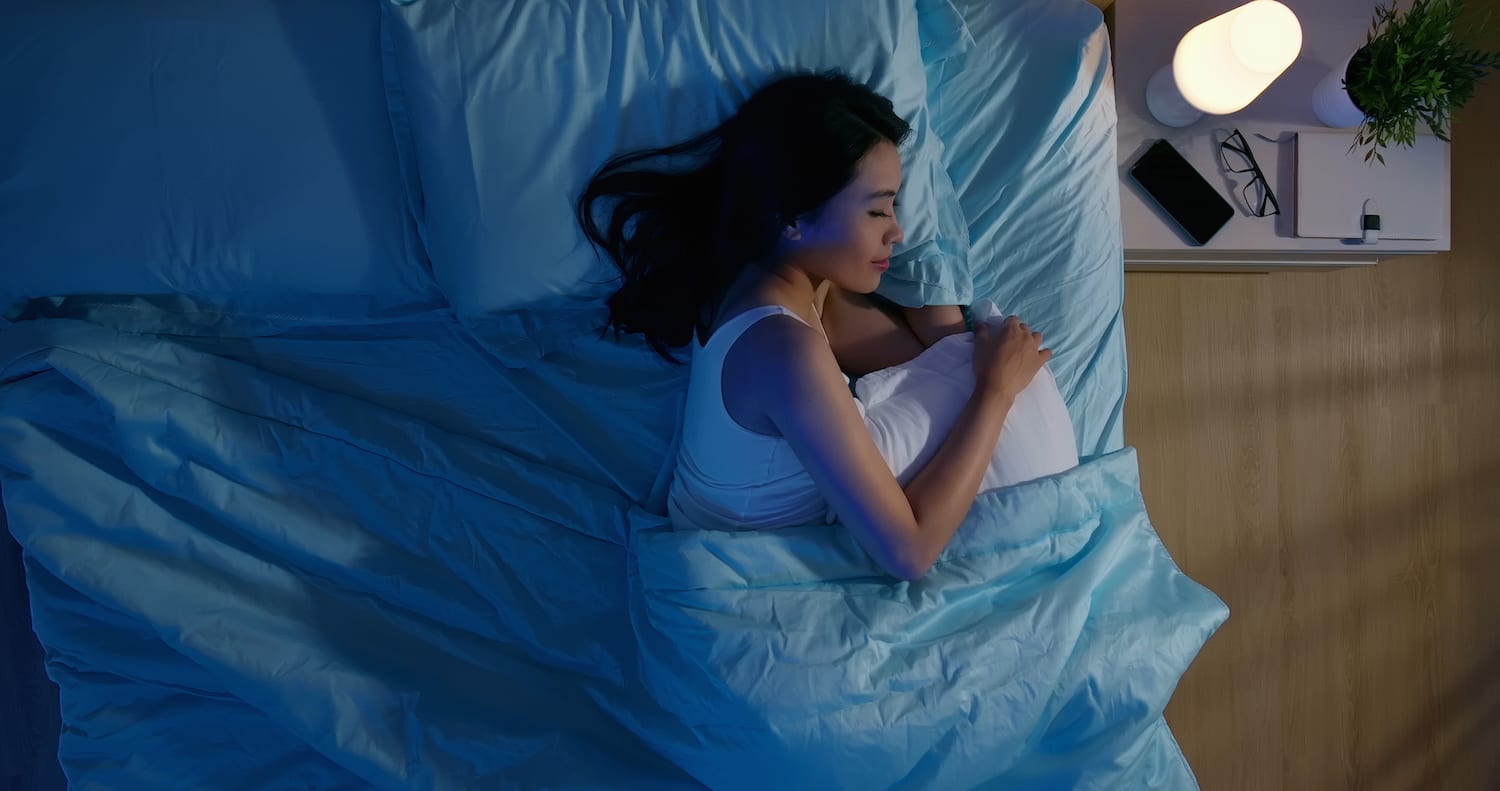Sleeping is a necessity for all living beings—an essential recharge button for our bodies and brains. But what if we told you that the way men and women sleep isn’t quite the same? It might sound like a bold claim, but it’s not just speculation—this difference is backed by science. New research has taken a deep dive into how gender impacts not only the duration of sleep, but also the restfulness of that sleep. While we often hear that eight hours is the magic number for a good night’s rest, this rule doesn’t play out equally for everyone. According to several well-designed studies using objective tools like wearable sleep trackers and polysomnography (a clinical test that monitors sleep patterns), women, on average, sleep about 20 minutes longer than men. Sleep differences between men and women tend to start appearing at puberty, then shift again dramatically during pregnancy and menopause. These transitions are largely driven by fluctuating hormone levels, especially estrogen and progesterone, both of which have been shown to impact sleep quality. For example, many women report trouble sleeping in the days before their period, when hormone levels dip. Certain health issues also add to the burden. Thyroid disorders and iron deficiency—both more common in women—are closely linked to poor sleep and persistent fatigue. These conditions often go undiagnosed or under-treated, leaving women feeling exhausted even after a full night’s rest. Mental health also plays a key role. Women are more likely to experience depression, anxiety, and trauma-related disorders, all of which are known to disrupt sleep. Additionally, rumination and overthinking—cognitive patterns more common in women—make it harder to wind down at night. And the medications used to treat these conditions, such as antidepressants, often impact sleep quality as well.
Thank you for reading this post, don't forget to subscribe!Do Women Need More Sleep Than Men Science Unpacks The Truth Behind The Gender Sleep Gap



